Surgeries and Patients’ Corner
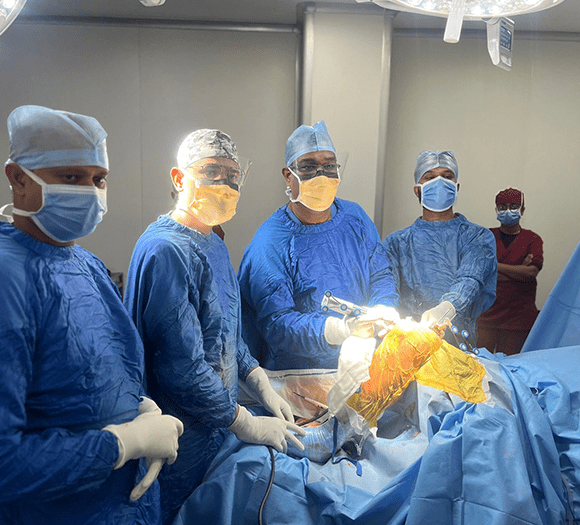
Robotic Total Knee Replacement
Total Knee Replacement is a surgical procedure that replaces a damaged knee joint with artificial components. It’s typically recommended for patients with severe arthritis or significant knee injuries.
Why do I need a knee replacement?
You may need a knee replacement if you experience:
Robotic Partial Replacement
What is Microplasty or Partial Knee Replacement?
Partial Knee Replacement is a less invasive alternative to TKR, where only the damaged part of the knee is replaced. It’s suitable for patients with localized knee damage.
How is a partial knee replacement different from a total knee replacement?
A partial knee replacement involves replacing only the damaged part of the knee, while a total knee replacement involves replacing the entire joint. Partial replacements often result in quicker recovery and better knee function.
Benefits of Partial Knee Replacement:

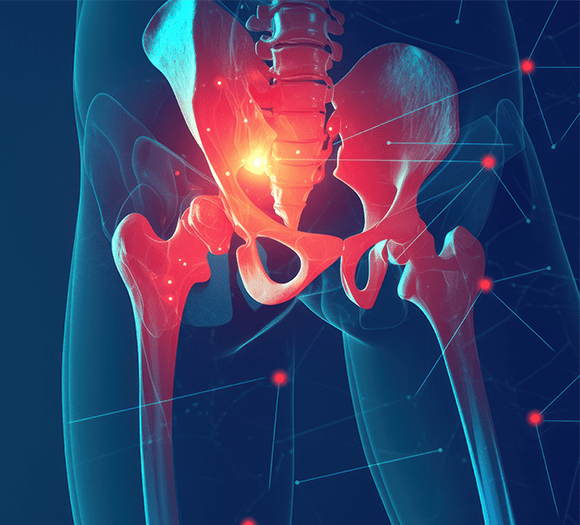
Hip Replacement
What is THR?
Total Hip Replacement is a surgical procedure where the damaged hip joint is replaced with an artificial joint. It’s typically recommended for severe hip arthritis or certain hip fractures.
When is THR recommended?
Recovery after THR
Most patients can resume light activities within 3-6 weeks, with full recovery taking 3-6 months. Physical therapy is crucial for optimal recovery.
Shoulder Arthroscopy
What is Arthroscopy?
Arthroscopy is a minimally invasive surgical procedure used to diagnose and treat joint problems. It involves inserting a small camera into the joint through a tiny incision.
Common arthroscopic procedures:
Benefits of Arthroscopic Surgery:

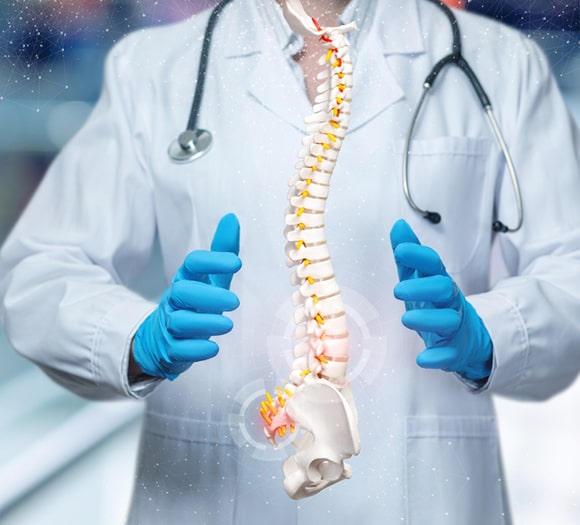
Spine Surgeries
Types of Spine Surgeries:
Advantages of Endoscopic Spine Surgery
Endoscopic spine surgery offers benefits such as smaller incisions, less postoperative pain, shorter hospital stays, and quicker return to normal activities.
When is spine surgery recommended?
Spine surgery is typically recommended when conservative treatments fail to relieve persistent back pain, or in cases of neurological deficits caused by spinal conditions.
Fracture & Trauma Surgery
What is Fracture and Trauma Surgery?
Fracture and trauma surgery is performed to treat broken bones and injuries from accidents. The goal is to repair the injury, restore function, and help the patient heal quickly.
When is Fracture Surgery Needed?
Fracture surgery may be necessary if you have:
What to Expect After Fracture Surgery:
Why Choose Us for Fracture & Trauma Surgery?
Our experienced surgeons specialize in treating both simple and complex fractures, using the latest techniques to ensure the best possible recovery. Whether you’ve had a sports injury, fall, or accident, we’re here to help you heal and return to your normal life as quickly as possible.
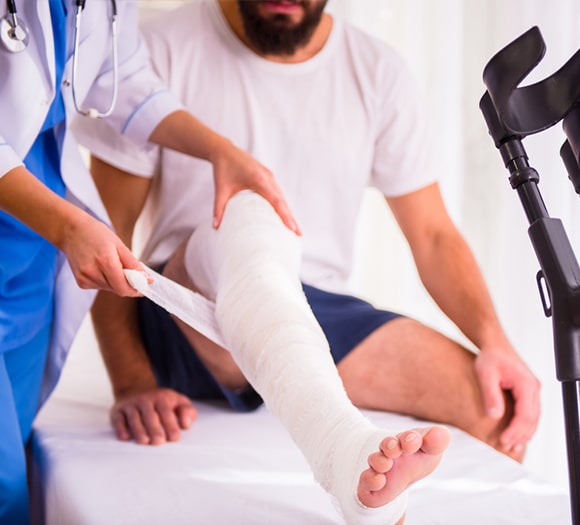
Frequently Asked Questions: Your Surgery Journey Explained
Our hospital provides a broad range of surgical services, including Orthopedic Surgery, Plastic and Reconstructive Surgery and Robotic-Assisted Surgery.
Patient Resources
At Duke Robotic Hospital, we believe in empowering our patients with knowledge about their health and treatment options. We provide comprehensive information to help you make informed decisions about your care.
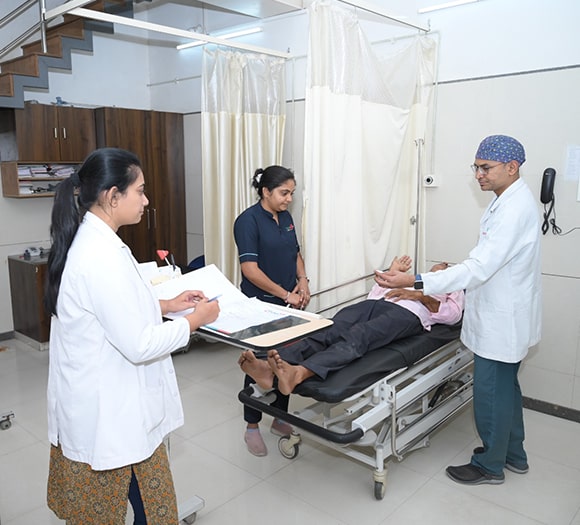
Information on Procedures and Treatment Options
Accessing Cashless and Mediclaim Services
At Duke Robotic Hospital, we are dedicated to providing exceptional care and comprehensive support to our patients. We have a dedicated billing and insurance team to assist you with the process. Please contact our billing department for more information on cashless and Mediclaim services.
